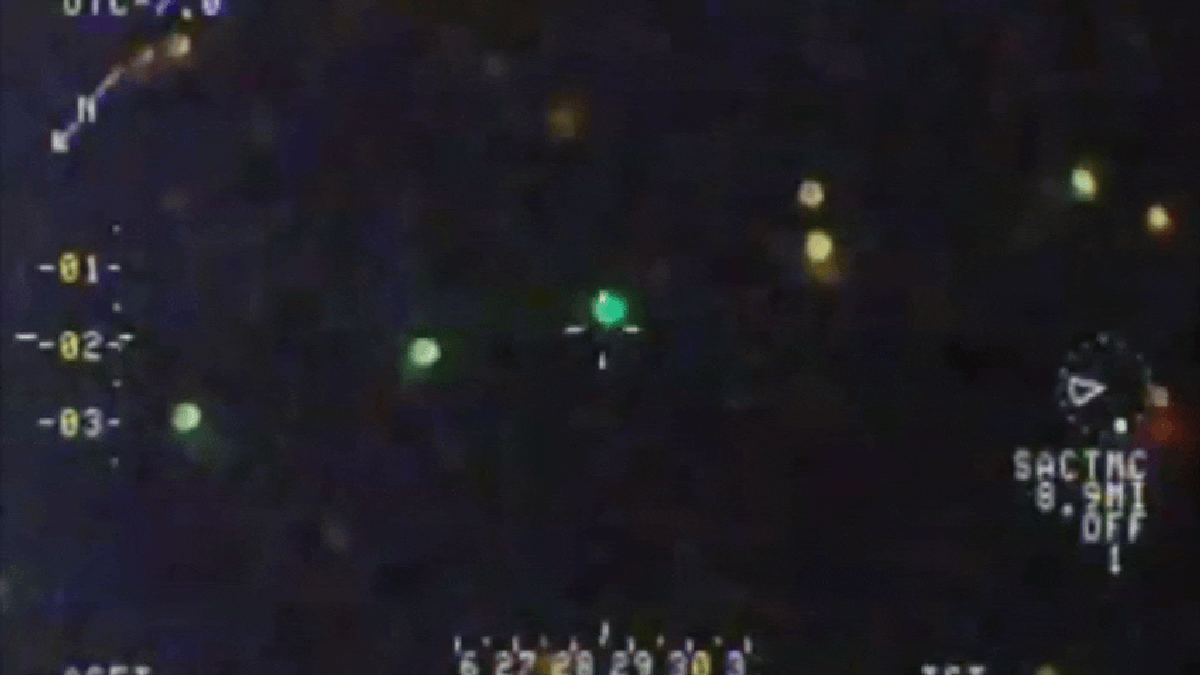
The number of laser strikes against planes hit another record last month, according to new data obtained by Gizmodo. And the Federal Aviation Administration (FAA) would like Americans to get the message that it’s not just dangerous for people on the ground to shine lasers into the cockpits of passing aircraft, it’s illegal and can land people in prison with stiff sentences.
The FAA received 1,297 reports of laser strikes in the U.S. in February alone, an average of 44.7 per day. That’s significantly higher than January, which saw an average of 36.4 per day. Pilots in 2023 were hit with 13,304 laser strikes in the U.S., the worst year ever recorded.
There were 9,457 laser strikes reported in 2022, 9,723 in 2021, and 6,852 in 2020. To put all of that in historical perspective, the FAA recorded just 1,489 laser strikes in 2009, but that number almost doubled in 2010 to 2,836.
Laser strikes are dangerous because they can distract pilots, sometimes even temporarily blinding them. When a laser is directed at an airplane, the entire cockpit can fill up with light as it reflects off the glass of the flight deck window, endangering the pilot, crew, and passengers.
But it’s not just commercial airliners getting hit with lasers. One pilot of a small plane in Virginia, Matthew Mellon, told local TV station WCYB about how he was blinded by someone on the ground with a laser pointer earlier this month.
“As you fly at night, your vision acclimates to the level of darkness that you’re flying through. So I really essentially, for several seconds, lost the ability to see on the left side of the aircraft,” Mellon said.
Mellon was flying with his wife and kids, who were all put in serious danger by some idiot on the ground for no good reason.
Shining lasers at planes is a federal offense, and anyone convicted of participating in a laser strike faces fines of up to $250,000 and as much as five years in prison. As one recent example, a 41-year-old man in Washington was sentenced to eight months for pointing a laser at a small two-passenger plane.
“The pilot’s eyes were damaged by the laser beam, and he was unable to see his instrument panel,” a press release from the Department of Justice explained. “He was able to switch to the backlight on the instrument screen which allowed him to safely land the aircraft. The pilot needed medical treatment for his eye injury.”
Just this month, a 53-year-old man in Tuscon, Arizona was arrested for shining a laser pointer at an aircraft, and a 29-year-old man near the Buffalo Niagara International Airport in New York was arrested for doing the exact same thing at a Delta flight trying to land.
“The FAA is committed to maintaining the safest air transportation system in the world. Aiming a laser at an aircraft is a serious safety hazard that puts everyone on the plane and on the ground at risk,” FAA Administrator Michael Whitaker said in an emailed statement.
Anyone witnessing a laser strike is encouraged to report the incident to the FAA through its website.




